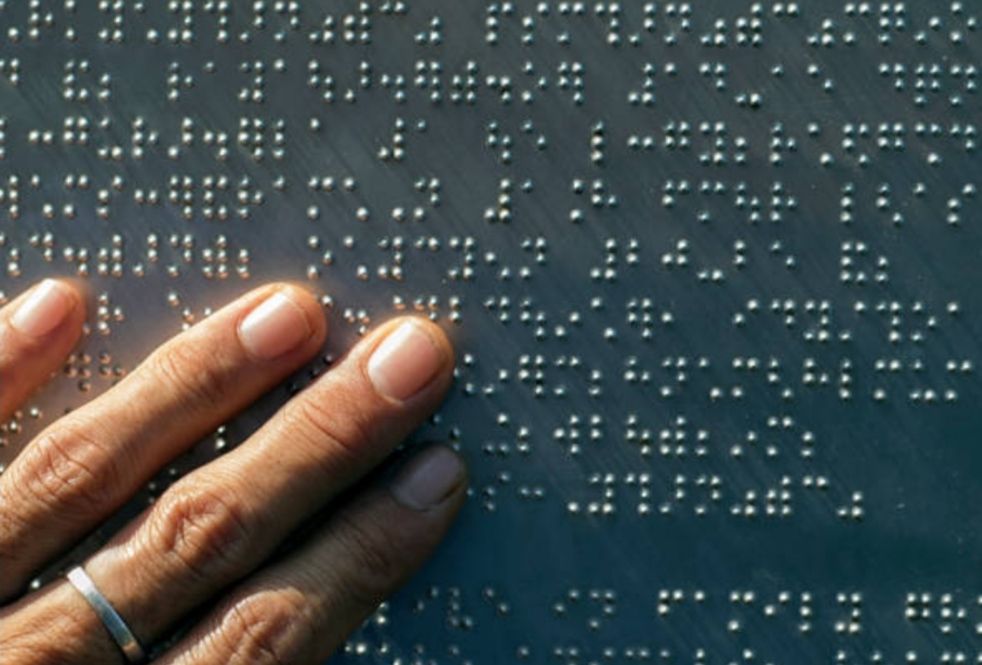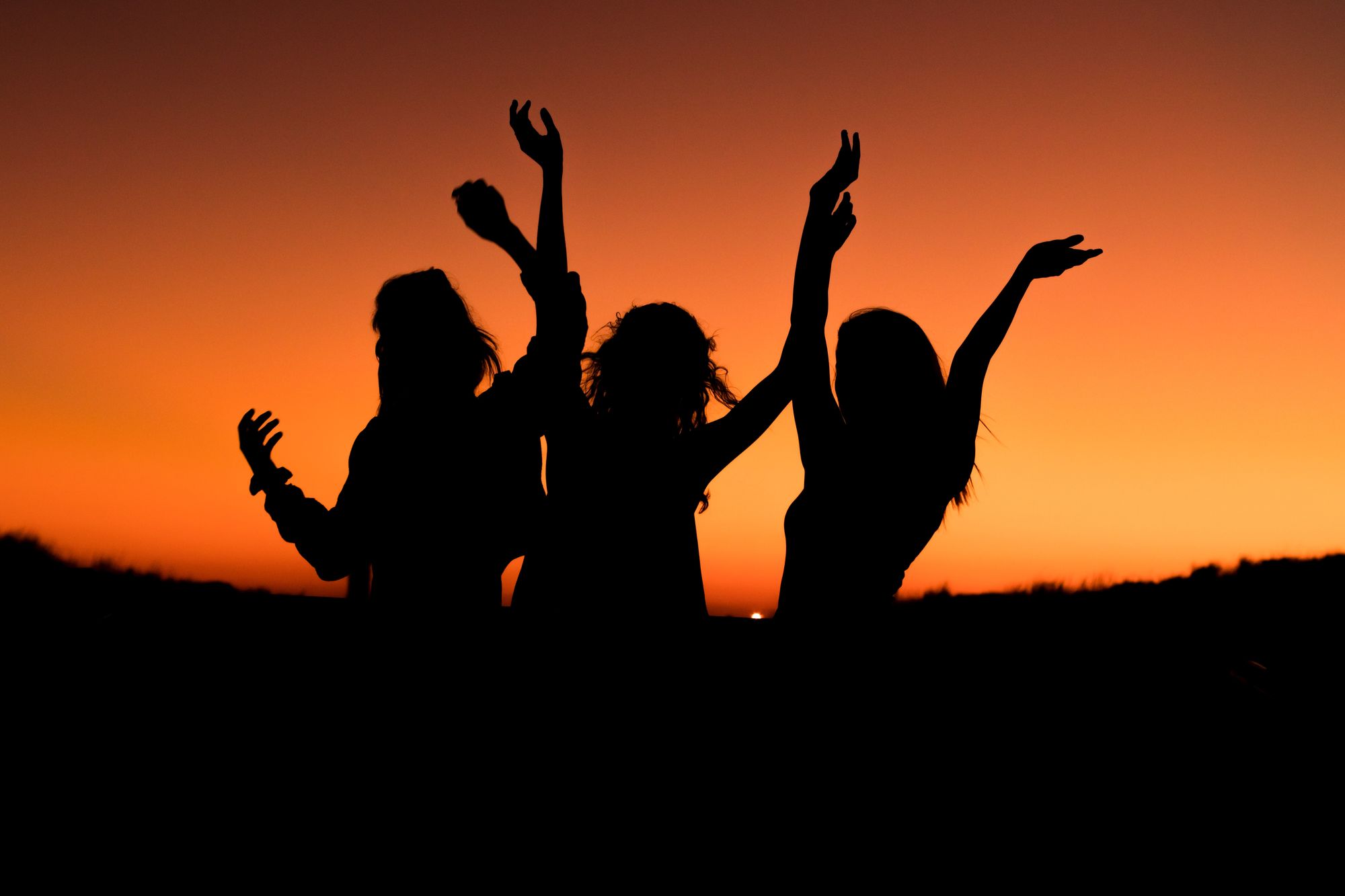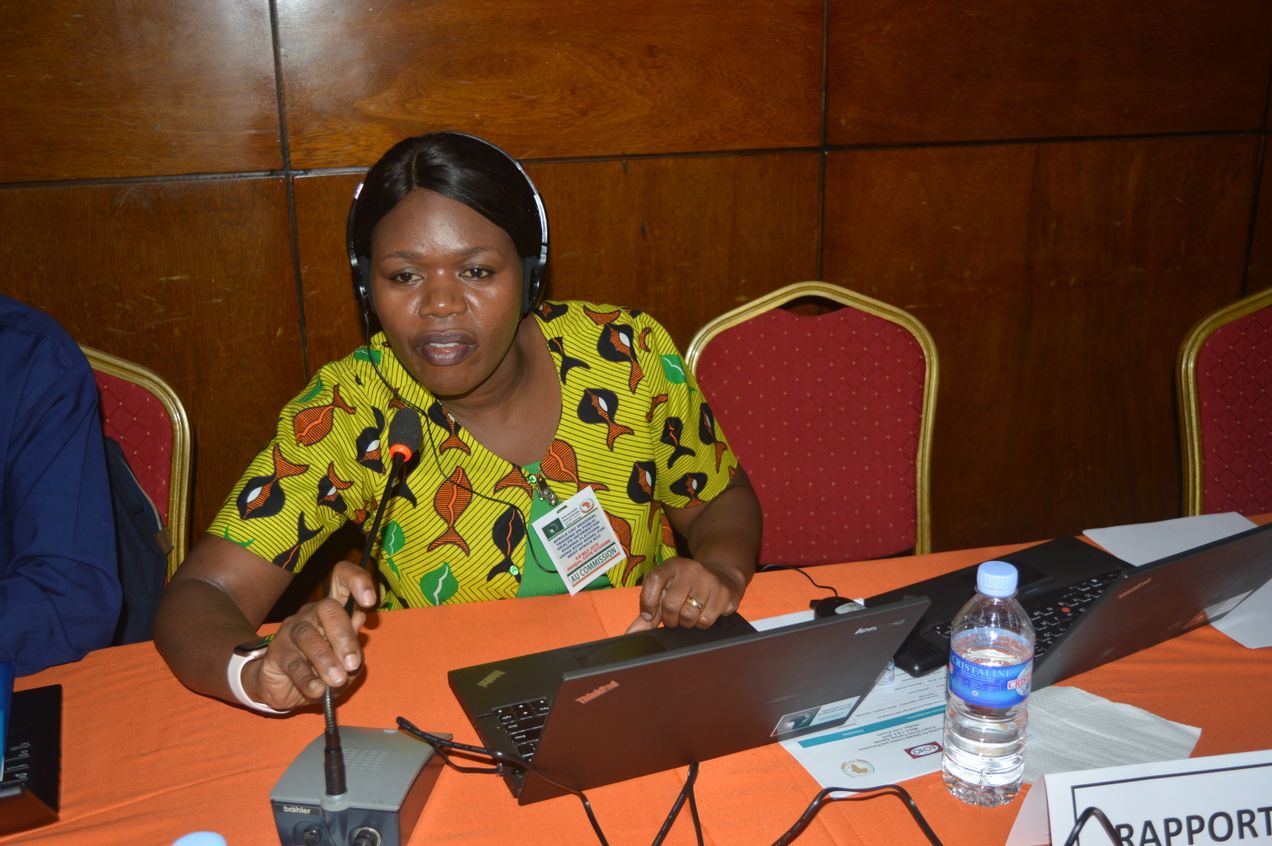
Differently Able
For differently abled Africans, Covid19 measures have meant a new level of adjusting in a world that doesn't always consider their reality.
This global pandemic is a first for many, and we've been forced to face it head on, both as individuals and as a collective. The devastating effects the pandemic has brought on the world, have in most cases, been more profound when viewed through the lens of people who are differently abled.
I'm deaf, and can't hear you with your mask on.
The effects and concerns are exacerbated in places like Nigeria, where there is little to no inclusion of differently abled persons, who constitute about 25 million of the population.
However, there's no dark cloud without a silver lining. We spoke to differently abled people in Nigeria who shared their experience of the pandemic; what their challenges were and how they have overcome them.

"At the beginning of the pandemic, it wasn't much of a problem. I had groceries and everything else stocked up. The problem began when my groceries finished and the pandemic went on for longer than I expected. As a person in a wheelchair, it was near impossible for me to navigate through this time. Most delivery services stopped due to the fact that the government enforced a law that only essential services were allowed to move about. I had to stick to things that were in close proximity to me. At first, it was weird to adapt, but later on, I became excited. My taste buds were opened to newer experiences. It turns out variety is the spice of life, after all. Also, because of the pandemic, I had family and friends around. As an introvert, it was overwhelming at times, but I was grateful for their presence. I couldn't be lonely or prone to the cons of being alone" - Dhee, 27.
We were all fraught with uncertainty but as a blind person, it became a thousand times worse.
"The pandemic wouldn't have bothered me at all if I hadn’t sprained my knee, spoiling my prosthesis in the process. It was faulty before that, but it was still manageable. Being cooped in one place aggravated its spoilage. It got worse as the days went by. One thing was for sure; my parents couldn't afford a new prosthesis and I had no choice but to make do with what I had. Matters came to a head one day when I saw a tweet asking: ‘What do you want for Christmas?’ I decided to give it a shot and replied to the tweet. I soon started to get engagements on the post. Later on, I opened a GoFundMe, received the funds for my prosthesis and travelled to Nairobi for physiotherapy, and to have it fitted. I will forever be grateful for the pandemic because although it started on a rough note, it had an unexpectedly happy point. Also, I was motivated by my passion for sharing knowledge about my journey on social media. It's been gaining traction and I'm so excited for the future!" - Saba'a, 22.
I had some pastimes that were cultivated as a result of the pandemic
"The pandemic caught me in a state of shock. I went home to visit family and stayed with them for a while. I hadn’t seen them in two years because of school. The next minute, I was stuck with them for months unending. It was a bit too drastic for me: a flurry of rules to follow and precautions to be taken. Also, the pandemic meant that I had to cancel my plans for the year and become enraptured with the plans the year had for me. I was stuck in the tunnel of sadness. We were all fraught with uncertainty but as a blind person, it became a thousand times worse.
I couldn't see what the world had become and I had to depend on other sources for help. It was terrible: my face reacted horribly to my face mask and voices were muffled. Social distancing was difficult for me because I couldn't measure what six feet was and I couldn't go to places like restaurants or banking halls without help. I couldn't even see the news or updates on the virus. The effect of the latter was reduced because I had my radio on and could listen to it on the go. As much as I'd say it wasn't the best of times, I had some pastimes that were cultivated as a result of the pandemic: I began to experiment with tie and dye. I had learnt it in childhood but didn't engage in it much - until now. I dyed material for my friends and family, and now I make them in large quantities. Also, I began to keep fit; there wasn't any point lying on the couch all day doing nothing! My soul was lost in the effects of the pandemic and I wasn't going to allow my body to be lost too." - Wasiu, 30.
I got to understand that there were other people, just like me. I got not only a community, but also a family.
"When the lockdown and curfew was imposed, movements were restricted, schools closed, and so did the place I worked at, once in a while. During that period there was next to nothing to do but sit idly at home. Later, virtual classes were organised for school. We used Zoom for some classes, and Google Meets for others. Meets was more helpful to me because it has built-in captions for those who can't hear, or those who prefer it.
I also attended some digital classes that were more practical. WhatsApp and Meets were also used for that elective. I didn't encounter too many challenges in the pandemic except for a time I went on an errand for someone, and the attendants wore masks while speaking. I had no clue what she was saying. I told her I couldn't hear her, and in response she raised her voice, still with her mask on. I pointed to my ears and told her ‘I'm deaf, and can't hear you with your mask on.’ I wrote it down on a sheet of paper and she still responded, with her mask on. I had to go and meet with someone else to get the help I needed. Even with all its unpleasantness, the pandemic was a memorable period for me because I was introduced to the deaf community and I got to understand that there were other people, just like me. I got not only a community, but also a family." - Godwin, 25

